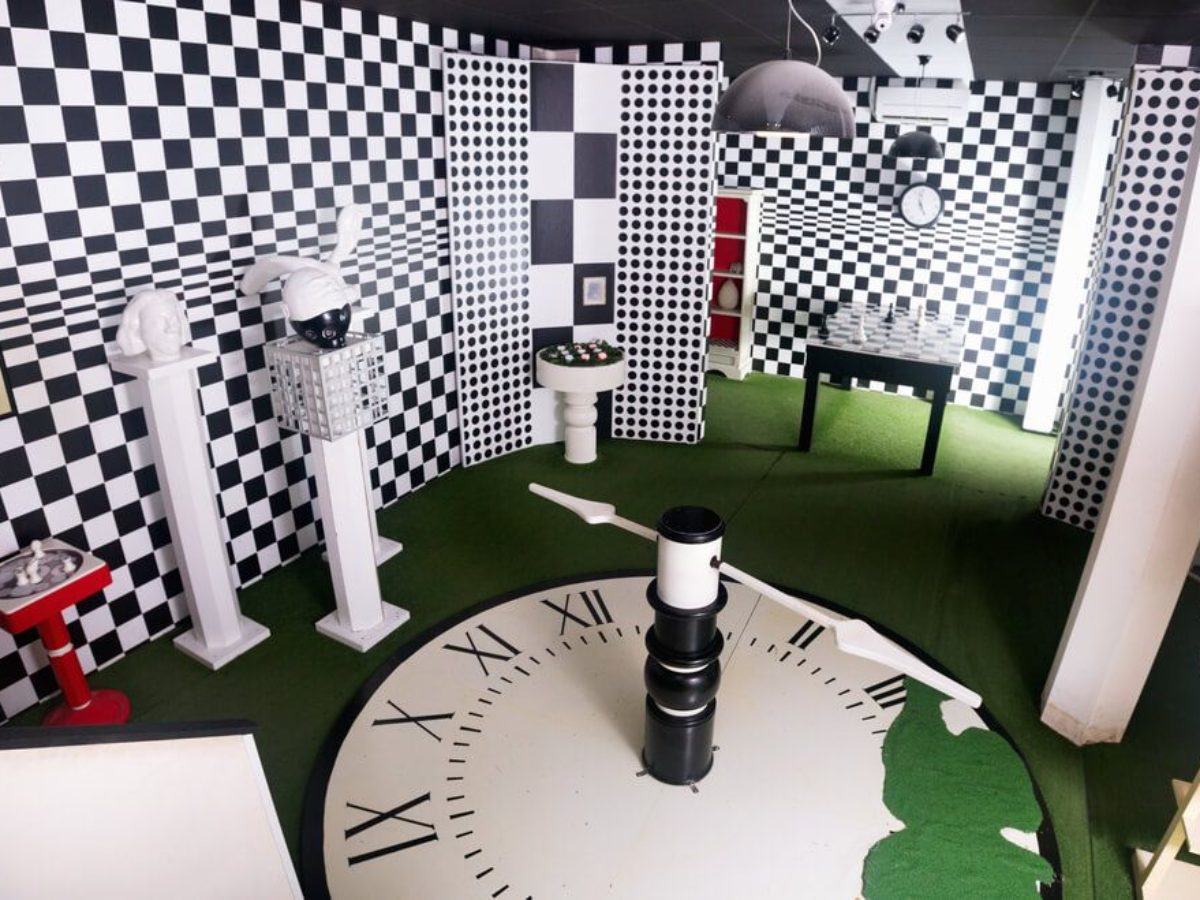Team Methods: Exactly How to Collaborate Effectively in a Retreat Space
Groups need to proactively pay attention to each participant's understandings, designate roles that align with private staminas, and preserve normal check-ins to guarantee emphasis and protect against redundancy. By fostering an environment that values cohesion and versatility, teams can substantially increase their performance and success rates.
Establish Clear Interaction

To facilitate clear communication, it is vital to designate a central point of get in touch with for details circulation. Brief, focused updates from each group member can maintain the team educated without overwhelming them with info.

Assign Functions Strategically
While clear interaction establishes the foundation for effective synergy, appointing duties purposefully makes sure that each staff member's strengths are utilized properly. In an escape area circumstance, the time-sensitive and complex nature of obstacles necessitates a well-organized technique to task delegation. By determining and leveraging specific competencies, groups can optimize their analytical capabilities and improve overall performance.
A person with an eager eye for information could stand out in discovering covert things, while a sensible thinker might be better fit to addressing problems. This function usually needs strong business and interpersonal skills.
Second, make certain that duties are versatile and versatile. As new difficulties arise, the group needs to have the ability to pivot, reapportioning jobs as called for. This versatility aids keep energy and protects against traffic jams that can take place because of stiff duty projects.
Ultimately, a tactical method to duty task not only takes full advantage of the staminas of each staff member but also cultivates a natural environment, driving the team towards an effective getaway.
Use Diverse Skills
Identifying and using the diverse skills within your team can substantially raise your performance in a retreat space. Each staff member brings one-of-a-kind strengths to the table, and effectively leveraging these abilities can speed up problem-solving and improve total performance. A team participant with strong analytical skills might stand out at deciphering complicated codes or patterns, while an additional with keen observational abilities may quickly find hidden hints that others could ignore.
Encourage group participants to articulate their understandings and ideas promptly, making sure that all prospective remedies are taken into consideration. Additionally, appointing jobs that align with each member's staminas can stop bottlenecks and make certain that development is continuous.
Additionally, diversity in skills frequently converts to diversity in thinking designs, which is very useful in a retreat room setup. While some obstacles might require sensible thinking and accuracy, others may gain from creative and lateral reasoning. By identifying and leveraging this variety, teams can resolve a broader variety of difficulties better, consequently increasing their opportunities of an effective getaway.
Manage Time Successfully

In addition, avoid one-track mind. If a puzzle is taking also long, revolve staff member or carry on to an additional obstacle, returning later with fresh point of views. Communication is Going Here vital-- keep every person upgraded on resolved problems and continuing to be tasks to prevent repetitive initiatives.
Lastly, make use of any tips or hints sparingly yet purposefully - best escape room. Recognizing when to request for assistance can save useful time. By adhering to these time administration principles, groups can significantly enhance their possibilities of a successful and delightful retreat room experience
Debrief and Show
Reflection is a crucial aspect of team development and improvement in the context of retreat areas. Once the difficulty is completed, whether effectively or not, it is critical for the team to engage in an organized debriefing session. This procedure allows team participants to assess their efficiency, recognize toughness, and pinpoint areas for improvement.
Begin the debrief by reviewing what went well. Highlight certain circumstances of effective communication, problem-solving, and collaboration. Identifying these positive habits enhances them and encourages their rep in future difficulties.
Talk about minutes of confusion, miscommunication, or inadequate approaches. Encourage an open and constructive dialogue where team participants can share their perspectives without concern of objection.
Final Thought
Finally, effective collaboration in a getaway room is predicated upon clear communication, tactical role projects, the reliable application of varied skills, and explanation proficient time monitoring. Routine check-ins and organized debriefings are necessary for keeping emphasis and cultivating continual enhancement. By creating a cohesive and adaptive group atmosphere, the chance of successfully fixing puzzles and achieving the goal of escaping the space is substantially boosted. This approach not just makes sure success but likewise promotes cumulative growth and discovering.
Comments on “Best Escape Room Experience-- Exciting Games and Puzzles for Teams”